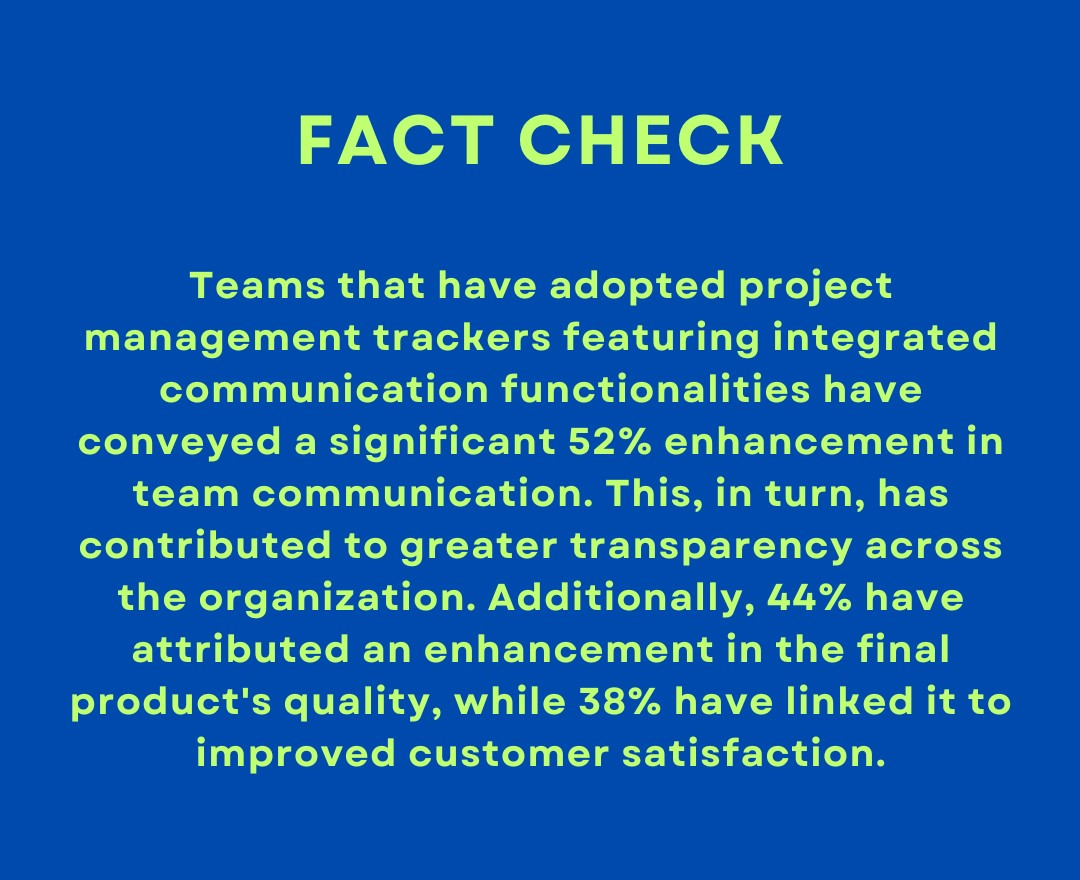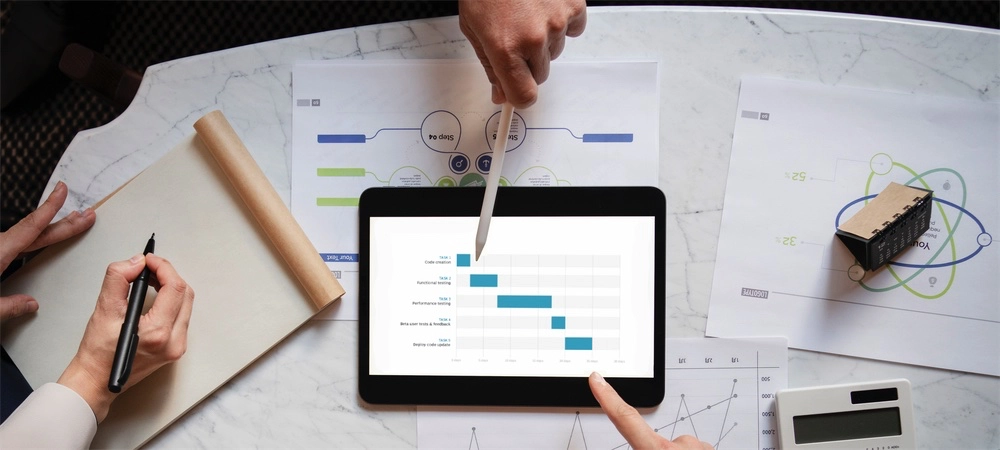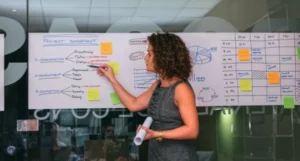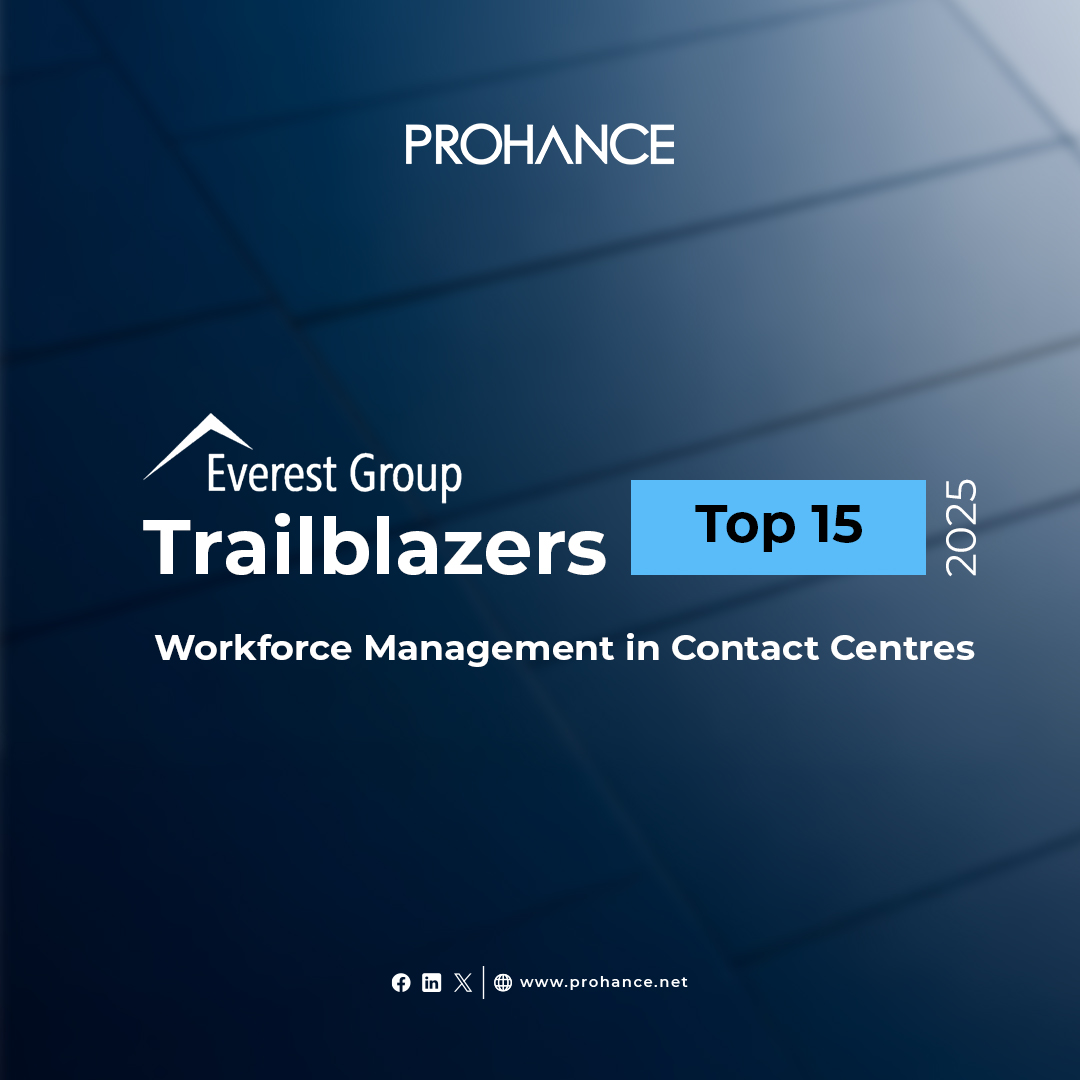What Is Project Tracking and How to Use a Project Tracker Effectively
- What is Project Tracking?
- How Does a Project Tracker Help with Project Tracking?
- Why is Project Tracking Important?
- What Is the Best Way to Track Projects?
- How to Choose the Best Project Tracking Tool for Your Needs?
- How to Set Up Your Project Tracker
- How to Track Your Project Progress with Project Tracker
- Use Project Tracking Data to Improve Your Team’s Performance
- Wrapping up
- Frequently Asked Questions
When a team starts a new project, motivation and energy are high. But without the proper systems, tasks can get lost, deadlines fall through, and teamwork suffers. Which is why project tracking is so valuable. It provides structure to teams, keeps goals at the forefront, and keeps progress on track.
Knowing what project tracking is entails not just seeing beyond an online project tracker. It’s more about establishing a clear procedure that brings individuals, activities, and timetables together.
The appropriate project tracking tool or software project tracking tool assists in keeping things organized, monitoring milestones, and transforming unfiltered data into usable information. From the initial setup of your tracking software to tracking progress and enhancing team performance, successful project tracking can mean all the difference between wallowing in chaos and getting clarity.
What is Project Tracking?
Project tracking is one of the most critical elements of project management. It is the structured process of monitoring and managing tasks, timelines, resources, and team performance to keep a project on track.
An effective approach relies on a project tracker to follow tasks, deadlines, and resource allocation, while also ensuring accountability within the team. The goal is simple: keep projects on schedule and within budget. This becomes even more important for businesses where employees work on desktops or laptops, and accurate time management and organization are essential.
To understand why project tracking matters, consider these insights:
- Organizations lose nearly 12% of their resources due to ineffective project management.
- Around 77% of high-performing teams rely on project management or software project tracking tools.
- In 2020, only 35% of project managers reported being satisfied with their organization’s existing system.
- Just 43% of organizations manage to complete projects within budget, with cost overruns being a frequent challenge.
- Project documentation is often seen as the least desirable task. Many managers spend hours preparing reports and presentations that may go unread, taking time away from more valuable activities.
These numbers highlight why choosing the right online project tracker and adopting structured project tracking practices is key to delivering successful outcomes.
How Does a Project Tracker Help with Project Tracking?
A project tracker is more than just a tool. It is a reliable system that simplifies the complexities of project tracking. Here’s how it helps teams stay organized and productive:
1. Centralized Information Hub
A tracker acts as a single source of truth by storing all project data in one place. Tasks, timelines, team members, and resources become easy to access, which reduces confusion and improves efficiency.
2. Real-Time Updates
An online project tracker keeps you informed with live updates. You can see progress as it happens, making it easier to identify delays early and keep the team aligned.
3. Clear Task Assignments
With a project tracking tool, managers can assign responsibilities, set deadlines, and share task details clearly. This ensures accountability and reduces misunderstandings.
4. Deadline Management
Managing multiple due dates becomes easier with automated reminders. The software notifies you about approaching deadlines so that tasks are completed on time.
5. Collaboration Hub
A project tracker also functions as a digital workspace where teams can share updates, discuss tasks, and collaborate effectively.
6. Issue Resolution
When challenges occur, a software project tracking tool helps capture issues, track their status, and support discussions to find solutions quickly.
7. Progress Reports
Comprehensive reports provide visibility into project performance. These insights highlight strengths, reveal gaps, and guide data-driven decisions to keep projects on track.

Why is Project Tracking Important?
Project tracking is essential for several reasons. Here are a few reasons why you need to track your projects:
- Efficient time management in project management ensures projects are completed on time and within budget.
- Project trackers identify and address roadblocks or bottlenecks in the project.
- Consistent tracking helps you monitor team performance and individual contributions.
- You can improve resource allocation.
- The right project management tracker enhances communication and collaboration among team members.

What Is the Best Way to Track Projects?
Now that you know the importance of project tracking and the role of a project tracker, let’s explore how to track projects at work.
Choose the Right Project Tracking Tool
Selecting the right project management tracker is a crucial decision. There are various types of project tracking tools available, from simple spreadsheets to advanced project management software. Select the one that suits your unique business requirements.
Types of Project Tracking Tools
- Spreadsheets: These are simple, cost-effective tools for tracking projects. Software like Microsoft Excel or Google Sheets can be customized to create basic project trackers.
- Task Management Software: Project tracking software is designed specifically for managing tasks and projects. They offer features for assigning tasks, setting deadlines, and tracking progress.
- Project Management Tracker: More comprehensive solutions, such as ProHance, offer a wide range of features, including workflow automation, task management, time tracking, collaboration tools, and reporting.
Features to Consider While Choosing a Project Tracker
When selecting a project management tracker, consider the following features:
- Task assignment and delegation.
- Deadline and milestone tracking.
- Collaboration and communication features.
- Reporting and data analysis capabilities.
- Integration with your existing software, if needed.
How to Choose the Best Project Tracking Tool for Your Needs?
Choosing the right project tracking software depends on factors such as project complexity, team size, and specific requirements. It is also important to evaluate budget, scalability, and how easily your team can adapt to the tool before making a decision.
How to Set Up Your Project Tracker
Once you’ve chosen the right project-tracking software, it’s time to set up your project-tracking system. This involves the following steps:
Create a Project Plan
Start by developing a detailed project plan that outlines the project’s objectives, scope, tasks, and milestones. A well-structured plan is the foundation of effective project tracking.
Break Down Your Project into Tasks
Break your project into smaller, manageable tasks. Assign responsibilities for each task to team members, ensuring clarity in roles and expectations.
Assign Tasks to Team Members
Assigning tasks to team members ensures that everyone knows their responsibilities. This promotes accountability and productivity.
Set Deadlines and Milestones
Establish clear deadlines and milestones to measure progress. These help keep the project on track and provide a sense of achievement as tasks are completed.
How to Track Your Project Progress with Project Tracker
Once your project management tracker is set up and your project is organized, the next step is tracking progress effectively. Here are a few best practices:
1. Update Your Project Tracker Regularly
Consistency is essential. Team members should update the tracker with task progress, notes, and any issues they encounter. This keeps information accurate and up to date.
2. Monitor Team Progress
Keep a close eye on overall progress. A project tracking tool makes it easier to spot delays or deviations from the plan so you can take corrective action quickly.
3. Identify and Resolve Roadblocks
When challenges arise, use the online project tracker to document issues and assign responsibilities. Collaborating within the tool ensures solutions are found faster and delays are minimized.

Use Project Tracking Data to Improve Your Team’s Performance
One of the significant advantages of leveraging project tracking software is the valuable data it generates. You can use this data to enhance your team’s performance.
Also Read: How to Track Team Productivity and Ways to Improve It
Generate Reports to Track Progress Over Time
Most project management trackers offer reporting features. Use these reports to gain insights into project trends, performance, and areas that need improvement.
Identify Areas for Improvement
Review your project tracking data to identify areas where your team can perform better. This might involve optimizing processes, adjusting resource allocation, or providing additional training.
Make Adjustments to Your Project Plan as Needed
Based on the insights gained from your project tracking data, be open to making adjustments to your project plan. Flexibility and adaptability are essential in project management.

Wrapping up
In the world of project tracking, clarity is your most potent asset. And if you’re looking to supercharge your project management, using ProHance can be a smart move. Say goodbye to missed deadlines, communication mishaps, and project confusion. ProHance is your ultimate ally in the battle for project success.
Don’t just manage your projects; master them with ProHance. It’s time to elevate your project management game and experience a new level of efficiency and productivity.
Frequently Asked Questions
Q1. What is a project tracker, and why is it important in project management?
A project tracker is a software tool designed to monitor and manage project tasks, deadlines, and team progress. It’s essential in project management to ensure efficient time management and project success.
Q2. What is the best way to track projects effectively at work?
The best way to track projects at work is by using project tracking software or a project management tracker. These tools help you organize tasks, manage time efficiently, and monitor project progress.
Q3. How can time management in project management be improved with a project tracker?
A project tracker aids in time management by providing a central platform to allocate, monitor, and adjust task timelines. It helps teams stay on schedule and avoid delays.
Q4. What steps can I take to effectively track projects using a project management tracker?
To effectively track projects using a project management tracker, start by creating a project plan, breaking tasks down, assigning responsibilities, setting deadlines, and regularly updating the tracker.
Q5. Why should I use software for project tracking instead of spreadsheets?
Spreadsheets will do for small tasks, but as projects expand, they become hard to control. A software project tracking tool offers real-time feedback, reports that are created automatically, and collaboration options that spreadsheets cannot provide. It is less work for humans, reduces mistakes, and allows managers to see clearly and centrally into tasks, deadlines, and team status.
Q6. Is ProHance an online project tracker or desktop-based software?
ProHance is an adaptable solution that functions as an online project tracker and also accommodates desktop-based workflows. This makes it ideal for companies with employees who work mostly on desktops or laptops. It ensures that time, productivity, and project progress are tracked easily, wherever the work is being done.
Q7. Can I track multiple projects at once using ProHance?
Yes. ProHance provides you with insight into how teams spend time across various tasks and projects. This helps you better comprehend resource utilization, recognize workload trends, and make sure several projects go smoothly without overwhelming teams.





